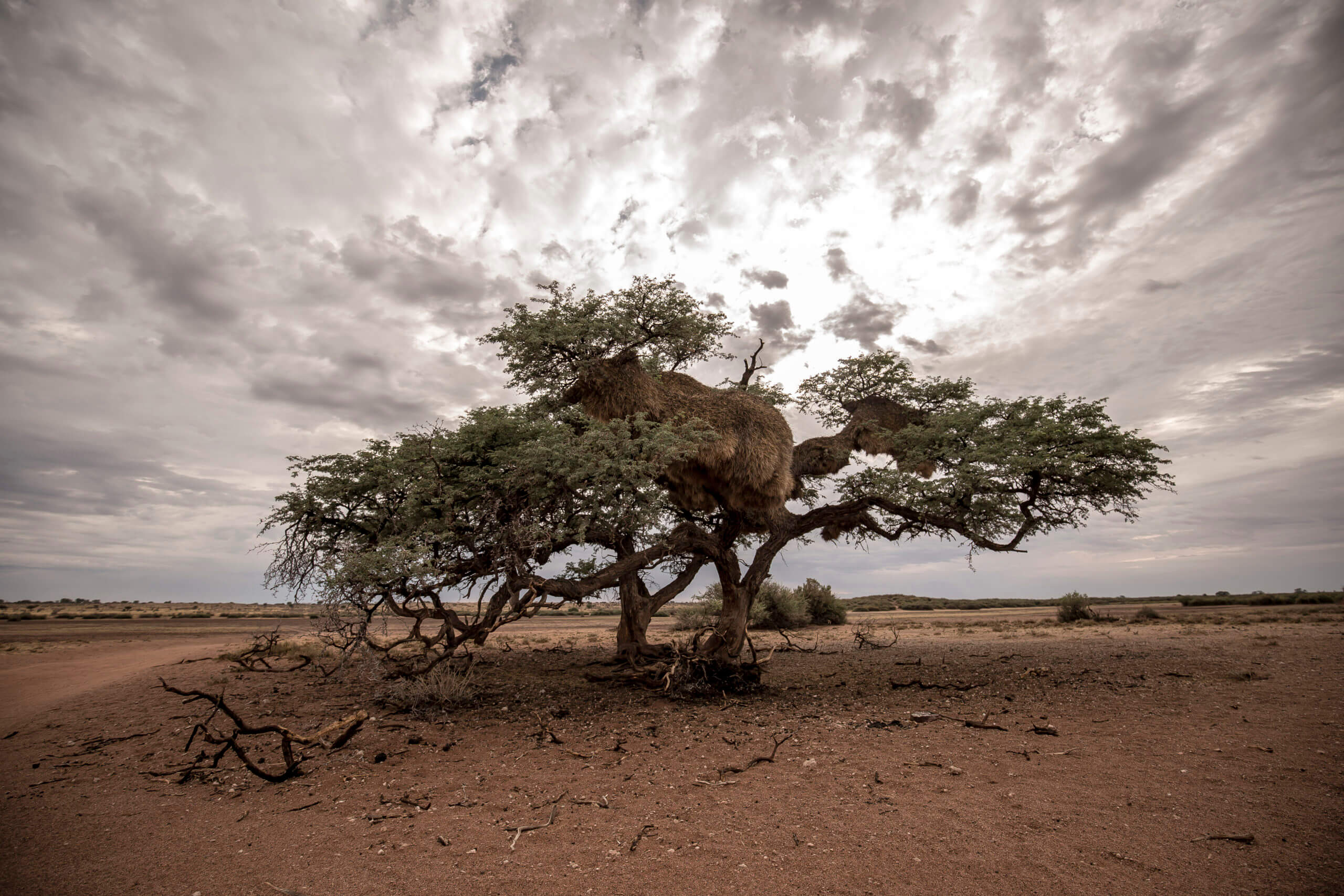by Dr Inga Beck
"Code red for a healthy future",* is the title of the Lancet "Countdown on Climate Change and Health 2021", which shows how closely linked climate change and health are, and that our children will be particularly affected. Future generations will have to endure up to six times more climate-related natural disasters and a significantly increased health burden from environmental factors in their lifetime.
The Lancet Countdown is dedicated to analysing the health consequences of climate change and publishes the latest findings from independent scientists from 43 academic institutions and UN agencies every year. The most recent edition is from October 2021, in which particular attention is drawn to the regional inequality of the 'health crisis'. Above all, it draws attention to the problems that a child born today will face in the course of his or her life due to natural disasters compared to an adult. According to the report, they will experience on average two times as many forest fires, three times as many floods and seven times as many heat waves. The poorest countries will be affected more than average. The changes are predicted to be particularly severe for children in the Middle East and Africa. According to a publication in the journal 'Science', between 2016 and 2020, children born south of the Sahara will experience five and a half to six times more extreme weather than those born before 1960. The occurrence of floods, heat waves and droughts does not only mean a temporary catastrophe and the loss of material things for the people affected, but is usually associated with long-term consequences such as water shortages, crop failures and famine. For children in particular, witnessing such events often leads to severe psychological stress and increases the risk of anxiety disorders and depression throughout their lives.
But it is not only natural disasters that will affect future generations more than those currently over 40: the climate-induced increase in infectious diseases due to the spread of heat-resistant vectors, the lengthening of the vegetation period of various allergy-causing plant species and progressive air pollution will influence health in the future. In the course of a lifetime, these negative influences accumulate. The World Health Organisation (WHO) speaks of the "burden of disease" of a human life and defines the "environmental burden of disease" as the "burden of disease caused by the influence of environmental risk factors on human health". This will account for 88% for future generations. It begins before birth. "Air pollution already has an impact on children's health in the mother's womb," says Sylvia Hartmann, Vice Chair of the German Climate Change and Health Alliance KLUG.
While these changes will be felt globally, severe impacts are expected in countries with a low to medium UN Human Development Index (HDI). Studies already show that these countries have been the most vulnerable to heat events over the last 30 years. These countries simply lack the financial means and often also the know-how to initiate and implement sustainable prevention and strategies.
Nevertheless, it is not too late: Katja Frieler of the Potsdam Institute for Climate Impact Research gives encouragement, and holds out the prospect that we will "take a large part of the climate burden off our children's shoulders if we limit warming to 1.5 degrees Celsius".
Also, medicine and technology will continue to develop so that some consequences can probably be mitigated. Nevertheless, it is enormously important that we strive TODAY for a world that will enable our children to live healthy and safe lives later on. That is why we at Artemed Stiftung are trying to help with our projects in three of the most affected countries(Tanzania, Myanmar and Bolivia). This is to ensure that important measures are taken and a stable health system is established that is better able to cope with possible consequences.
But there is no need for big projects: Everyone can do something against climate change. "We underestimate ourselves," says environmental physician Claudia Traidl-Hoffmann in an interview with the Augsburger Allgemeine. "The exciting thing is that the greatest power lies in simply doing less. Buying one less T-shirt, booking one less flight, eating one less steak or cycling instead of driving. All of this already has a positive effect on climate change and personal health. Doing without is the order of the day.
*Highest alert for a healthy future
Sources:
Marina Romanello, Alice McGushin, Claudia Di Napoli, Paul Drummond, Nick Hughes, Louis Jamart, Met al. 2021 : The 2021 report of the Lancet Countdown on health and climate change: code red for a healthy future, Volume 398, ISSUE 10311, P1619-1662
Wim Thiery et al. 2021: Intergenerational inequities in exposure to climate extremes. In. Sience: Vol 374, Issue 6564, pp. 158-160, DOI: 10.1126/science.abi7339



